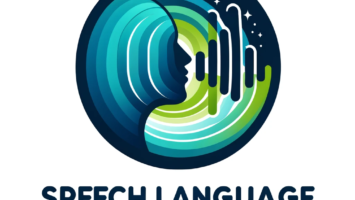ANR AISSPER Project
AISSPER: Artificial Intelligence for Semantically controlled SPEech undeRstanding Artificial Intelligence (AI) holds strategic importance at the national level due to impressive outcomes achieved by deep learning algorithms in various domains such as natural language processing (NLP), medicine, and political analytics across a wide range of applications. France has emerged as a leader in deep learning owing to recent political efforts highlighted in recent years. Over the last decade, substantial efforts have been dedicated to end-to-end Spoken Language Understanding (SLU) systems, driven by the feasibility of applications like personal assistants and conversational systems. Superior results have been observed in automatic speech recognition (ASR) with architectures based on hyper-complex number algebra called quaternions, requiring less processing time (Morchid 2018) and fewer parameters to estimate compared to conventional models (Parcollet et al 2018; 2019). Reducing model parameters efficiently trains neural architectures with limited data quantities, often challenging to obtain for specific semantic concepts and contexts from specific domains. Intrinsically linked learning processes like ASR and SLU hinder the parallelization of learning examples, critical for lengthy sequences as memory constraints limit batch processing using examples. Furthermore, error analysis conducted on completed projects like M2CR, JOKER, VERA, SUMACC, Media, or DECODA highlighted the importance of Plus d'infos

